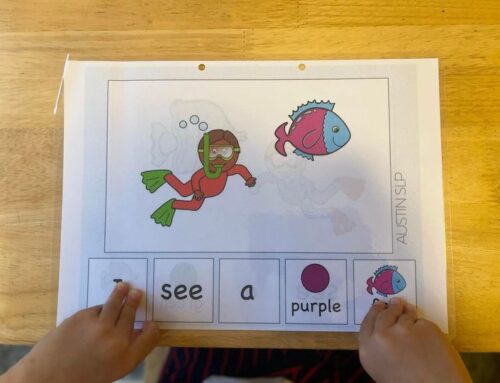Special needs refer to a variety of physical, emotional, or learning disabilities that require additional support and accommodations. These can include conditions like autism, Down syndrome, ADHD, and sensory processing disorders, among others. It’s important to explain to your child that these conditions affect how someone thinks, learns, or interacts with the world.
How to Explain Special Needs to Kids
- Use Simple Language: Explain special needs in a way that your child can easily understand. For example, you might say, “Some kids need extra help to learn or to do things because their brains or bodies work differently.”
- Be Honest and Open: Answer your child’s questions honestly. If you don’t know the answer, it’s okay to say so and suggest finding out together.
- Encourage Empathy: Help your child understand how it might feel to have special needs. You can say, “Imagine if you couldn’t talk like other kids or if loud noises hurt your ears. How would you want others to treat you?”
Promoting Kindness and Inclusivity
Teach Respect and Understanding
- Model Positive Behavior: Children learn by watching adults. Show kindness and respect in your interactions with everyone, including those with special needs.
- Encourage Questions: Let your child know it’s okay to ask questions about special needs. This can lead to better understanding and acceptance.
- Use Books and Media: There are many books and movies that depict children with special needs positively. These can be excellent tools to start conversations and teach empathy.
Encourage Inclusive Play and Interaction
- Facilitate Playdates: Arrange playdates with children of all abilities. This helps your child learn that everyone can be a friend, regardless of their differences.
- Teach Inclusive Games: Encourage games and activities that all children can participate in, regardless of their abilities. This promotes a sense of belonging and teamwork.
- Highlight Strengths: Focus on what special needs children can do rather than what they can’t. Celebrate their unique abilities and achievements.
Addressing Bullying and Unkind Behavior
- Discuss Bullying: Explain what bullying is and why it’s wrong, especially when it targets someone’s differences. Emphasize that everyone deserves to be treated with respect.
- Encourage Reporting: Teach your child to speak up if they see someone being bullied. They can tell a teacher, a parent, or another trusted adult.
- Promote Kindness: Encourage your child to include special needs children in activities and to be a friend. Acts of kindness can make a big difference in someone’s day.
Conclusion
Teaching your kids about special needs children and how to be kind is an ongoing process that builds empathy, respect, and inclusivity. By fostering these values at a young age, you’re helping to create a more compassionate and understanding future generation. Remember, it’s all about celebrating differences and showing that everyone has something valuable to contribute.
We are the only Preschool specialized on children with special needs in PhnomPenh.
- Internationally qualified teachers
- Cambodia’s largest sensory room
- Outdoor swimming pool
- Covered outdoor playground
📞 Phone: 077.455.993
Telegram Link: https://t.me/OrbRom





